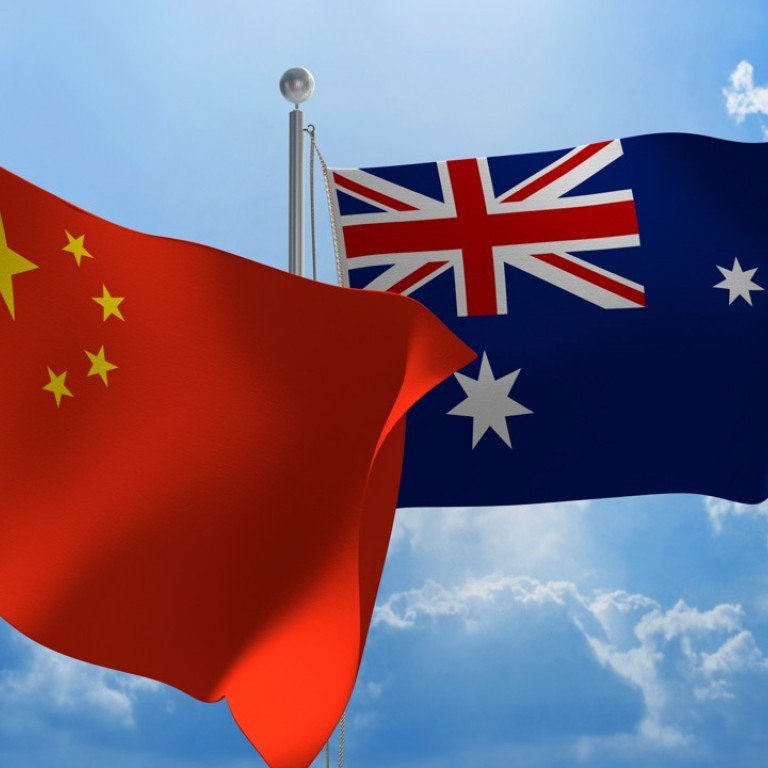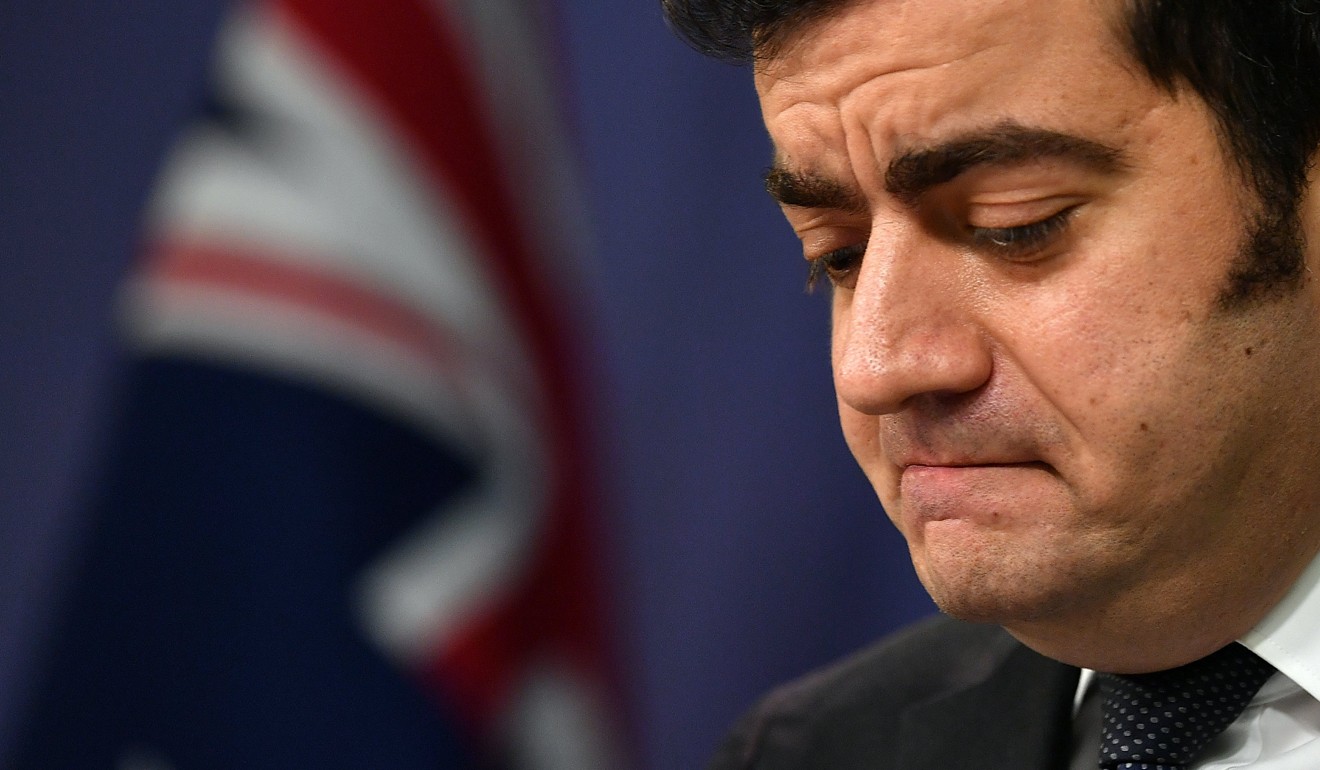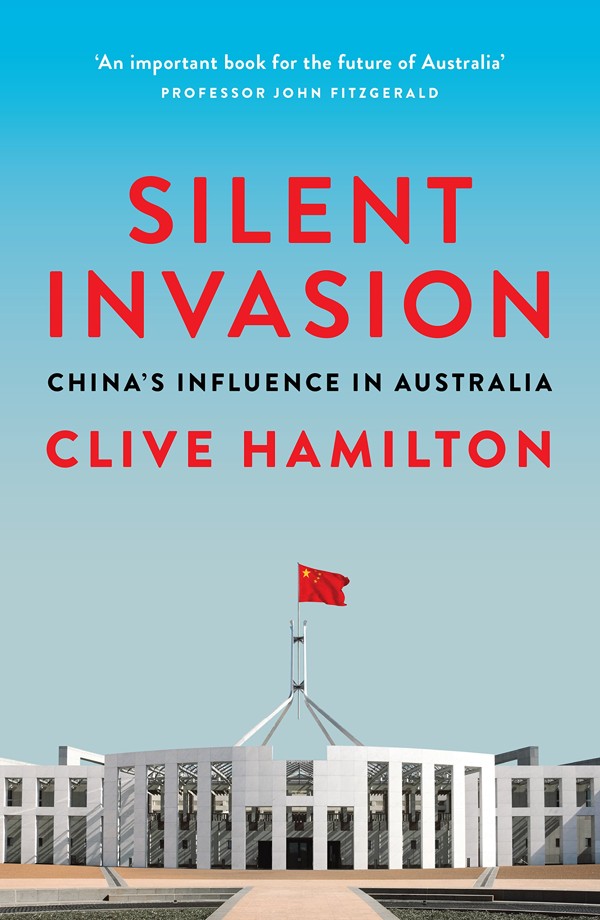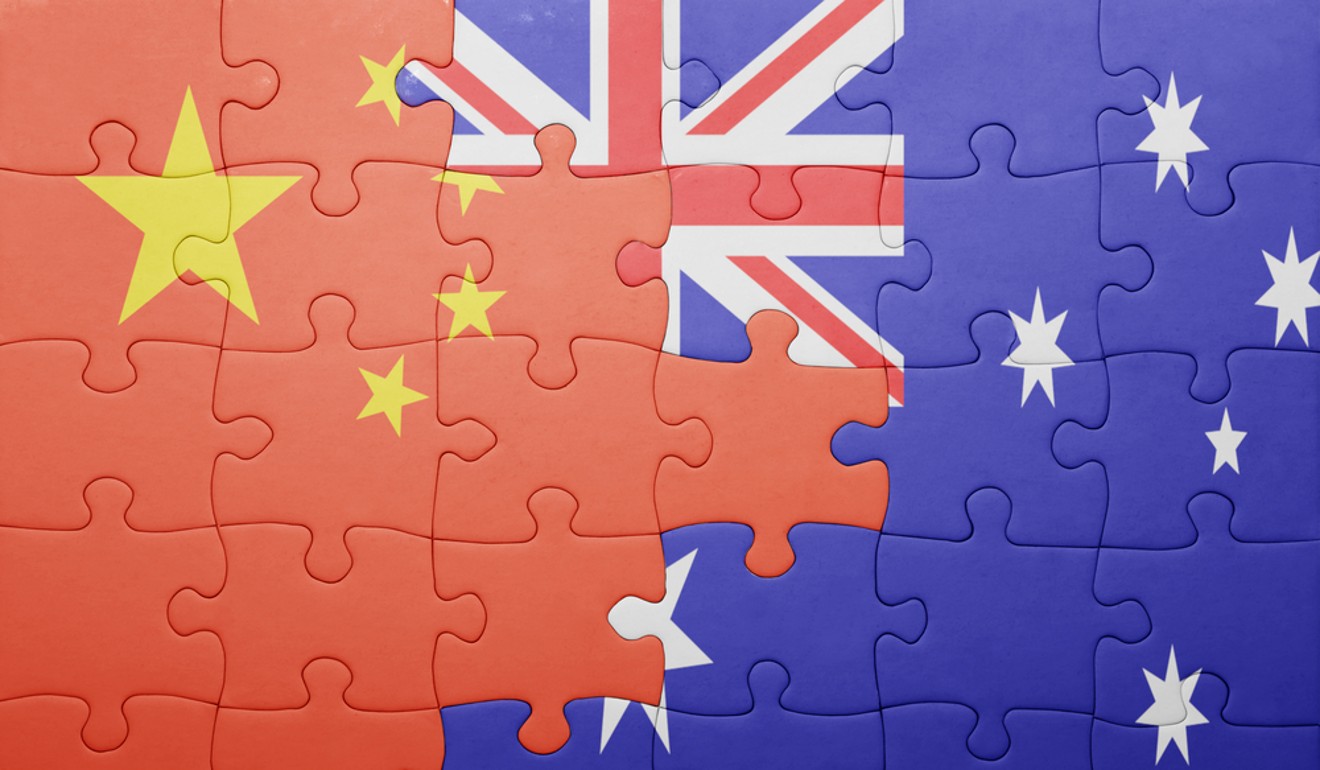
Review | China undermining Australian democracy, writes professor of public ethics in Silent Invasion: China’s Influence in Australia
China’s influence on Chinese-Australians and Australian politics comes under scrutiny in new book by Clive Hamilton, whose argument is weakened by claims that major Hong Kong companies are beholden to Beijing and his belief that Chinese-Australians shouldn’t engage in politics in their own country
by Clive Hamilton
Hardie Grant
3/5 stars
Australian senator Sam Dastyari of the Labor Party resigned in January after a year-long scandal involving foreign donations and influence peddling. In his support for China’s claims in the South China Sea, Dastyari disagreed with the China policy of both the government and the Australian Labor Party. It was revealed that Dastyari had accepted money from Huang Xiangmo, a Chinese businessman with links to the Chinese Communist Party.
In response to the scandal, Prime Minister Malcolm Turnbull proposed a new law that would limit foreign influence in Australian politics. Beijing has responded by claiming that the legislation is motivated by “typical anti-China hysteria”.
How China censors its internet and controls information, from Great Firewall to 50 Cent Army: two new books explain
The issue has sparked a much larger discussion about Chinese communist influence in Australia: whether it exists, and how it is manifested. While the debate in Australia has been particularly animated, similar questions have arisen in other Western countries, such as Canada and the US.
Clive Hamilton, professor of public ethics at Australia’s Charles Sturt University, steps into this debate with his book Silent Invasion, which attempts to show that Beijing aims to infiltrate and undermine Australian democracy to create a country more in line with Chinese interests.

Hamilton gestures at a few important questions. It is worth asking why so many of Australia’s politicians have been willing to seek money from less than reputable foreign businessmen (if not foreign governments), or why foreign money is even allowed in Australian politics in the first place.
The US, for example, expressly bars foreign donations to political campaigns.
Kelly Yang mines her experience as child immigrant in US for touching debut novel
Even accepting Australia’s situation, the issue of money in politics is not unique to the country. All Western democracies feature politicians and ex-politicians with ties to both foreign and domestic interests, with similarly pernicious effects on politics. But Hamilton’s worries extend beyond this general comment to specifically target Chinese influence.

The Chinese (but not Chinese-Australians) living in Australia who harass people with anti-communist views are another concern. Given the large number of Chinese students in Australian universities, it seems that both the government and academic institutions have mixed feelings on whether, and how, to confront students that engage in harassment.

Silent Invasion contains so much inflammatory rhetoric, dubious statements, mischaracterisations, and exaggerations that it can be hard to engage with its arguments seriously
This raises important questions for Australia, questions that may be faced by other nations as well: how does one deal with a country that is simultaneously an economic and a geopolitical power?
How does a country balance the need to “protect” strategic sectors, yet still use Chinese capital and consumption to fuel the economy? Whether one accepts Hamilton’s answers, the questions remain and not just for Australians.
China’s online publishing industry – where fortune favours the few, and sometimes the undeserving
However, Silent Invasion contains so much inflammatory rhetoric, dubious statements, mischaracterisations, and exaggerations that it can be hard to engage with its arguments seriously.
For example, Hamilton at one point claims that Cheung Kong Infrastructure and China Light and Power are “Beijing-linked”, even though both companies are wholly private Hong Kong companies. Hamilton does not provide citations for his claim that their corporate leadership takes orders from Beijing.
Elsewhere, Hamilton ominously reveals a leaked presentation by a vice-minister in China’s foreign ministry, who reportedly said that China’s “longer-term goal was to drive a wedge into the America-Australia alliance”. Hamilton tries to imply that this goal reveals that China is uniquely insidious, but it is pretty standard geopolitical strategy for democracies and non-democracies alike.
How Asia embraced Jesus and helped to create a rich, new chapter in global Christianity
But the thorniest issue is Hamilton’s treatment of Chinese-Australians who, as Australian citizens, have as much right to engage with Australian politics as their non-Chinese counterparts. Chinese-Australians who support closer relations between Canberra and Beijing should have their arguments debated on the merits, rather than dismissed due to their ethnic background.
But Hamilton argues that these “dual loyalties” warrant suppression. Replace “pro-Beijing” with “pro-Israel” and “Chinese-Australians” with “Israeli/Jewish-Americans”, and the argument does not seem so compelling.
In Silent Invasion, a good Chinese-Australian is one who understands the threat posed by China. If he or she supports closer Chinese-Australian relations, then their views are disqualified.
If Hamilton’s advice was followed, and Australia really did take a harsher stance toward Chinese Australians, he might end up fuelling the pernicious views he is concerned about. When a group is treated as less than entirely legitimate members of society, one should not be too surprised if they start acting as such.
Asian Review of Books

